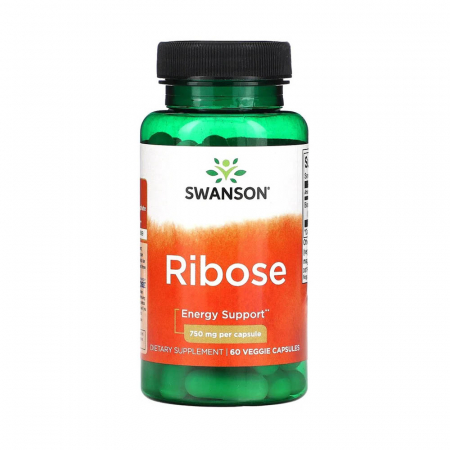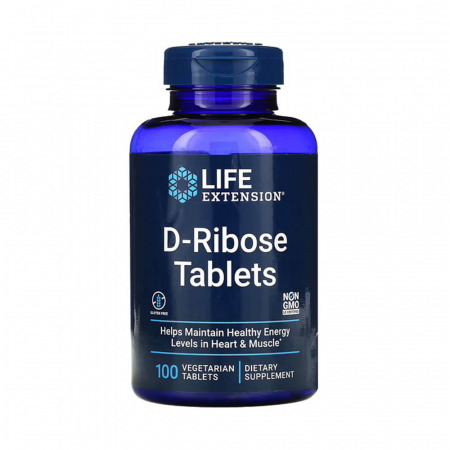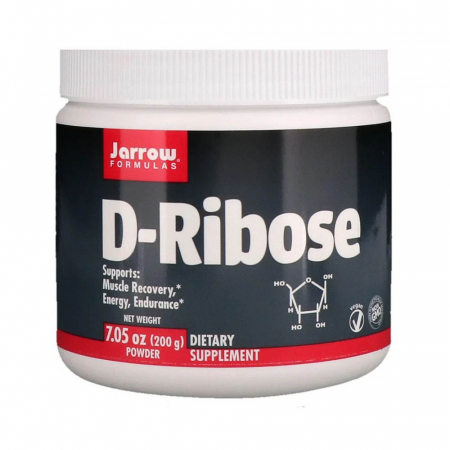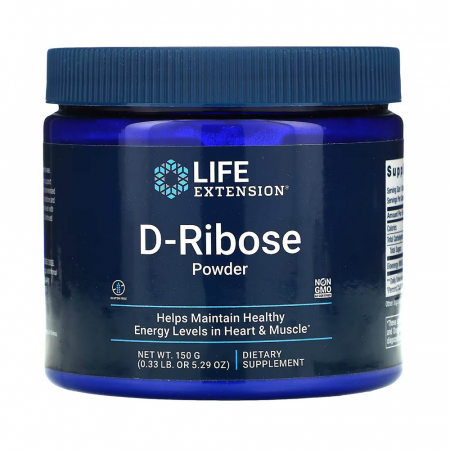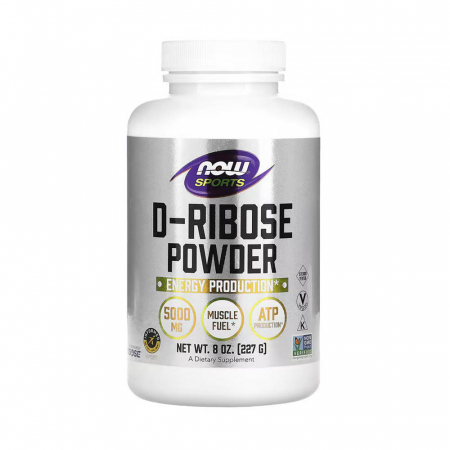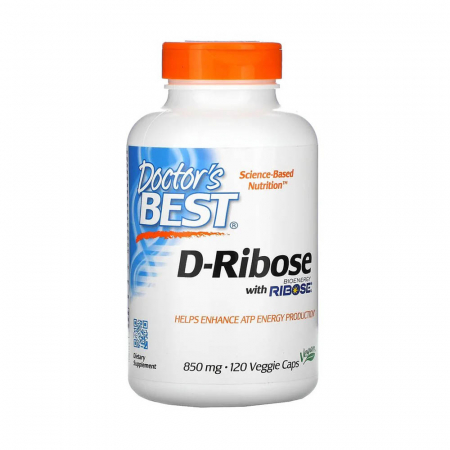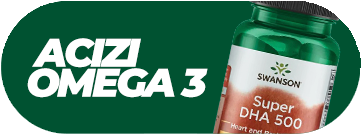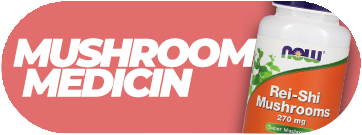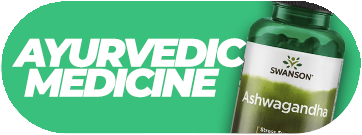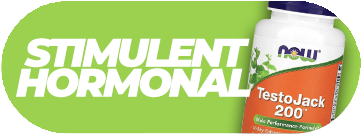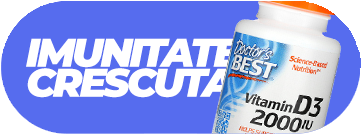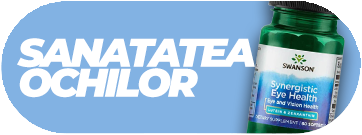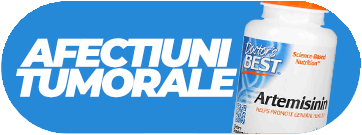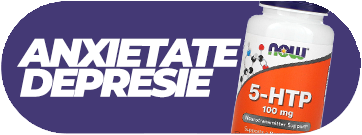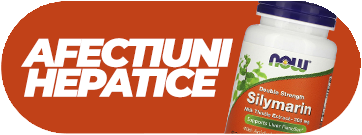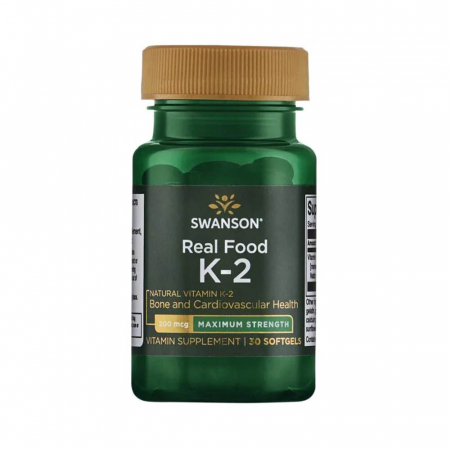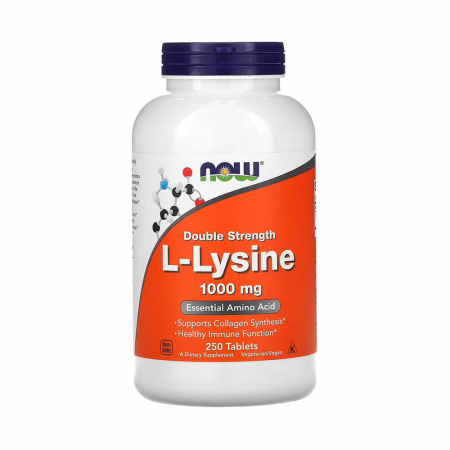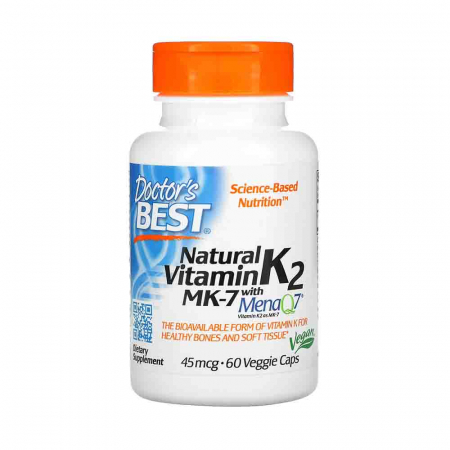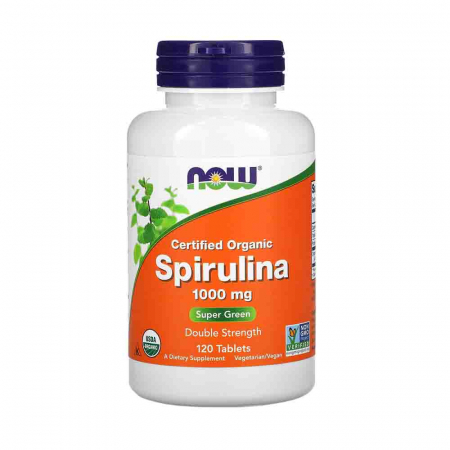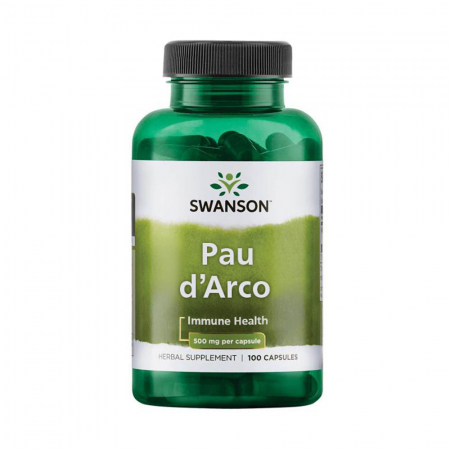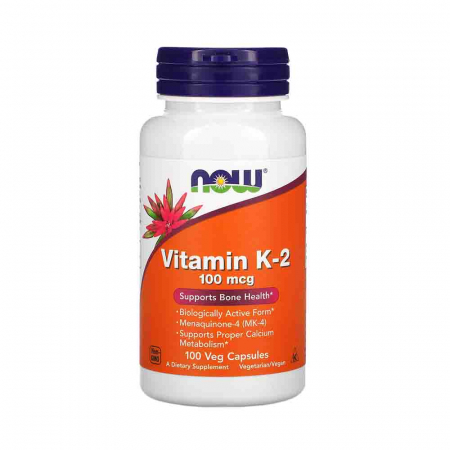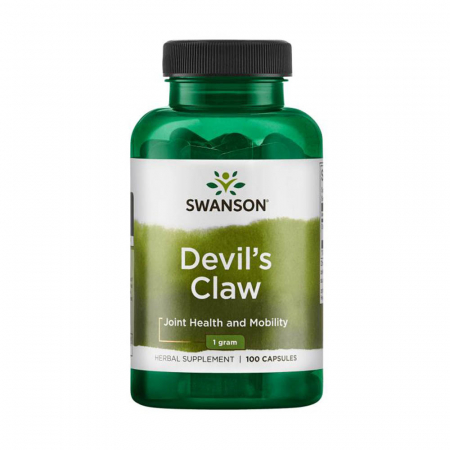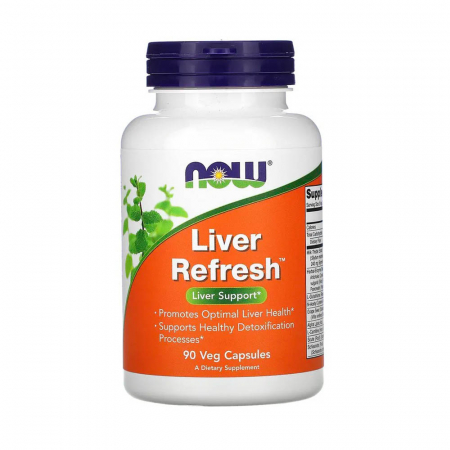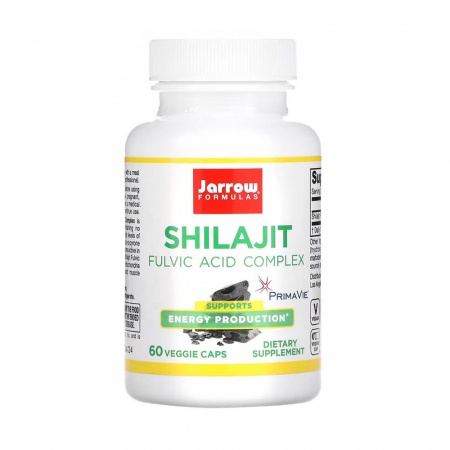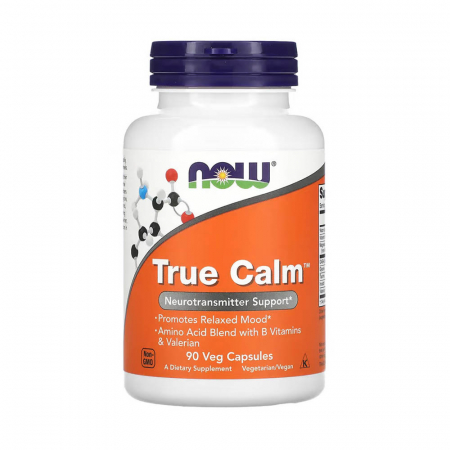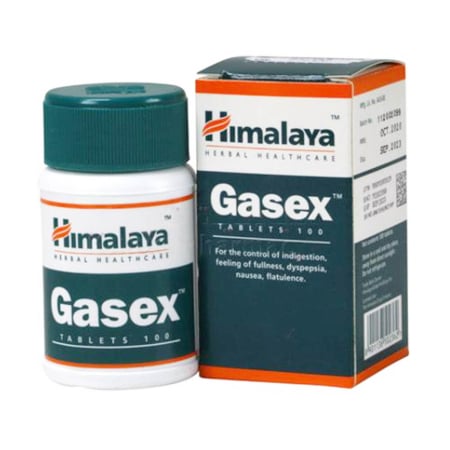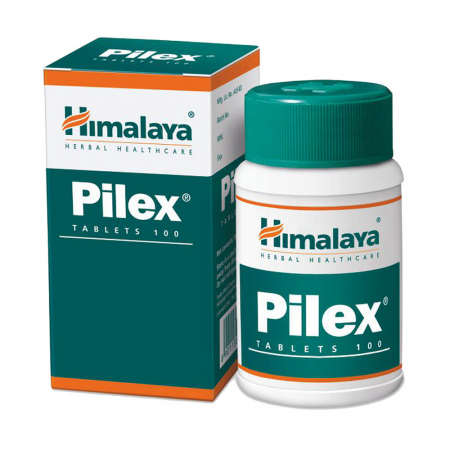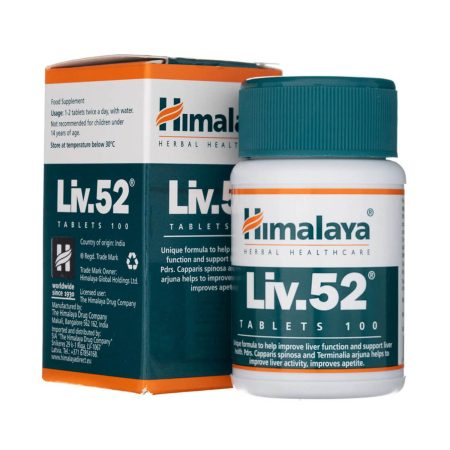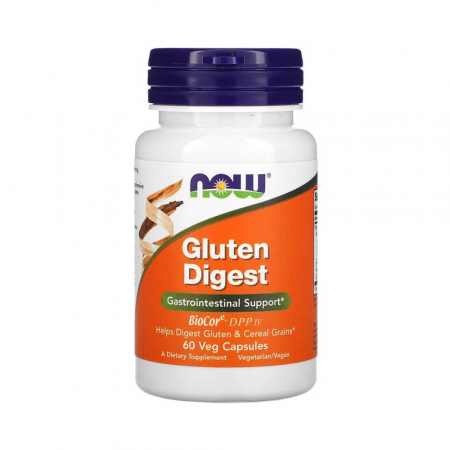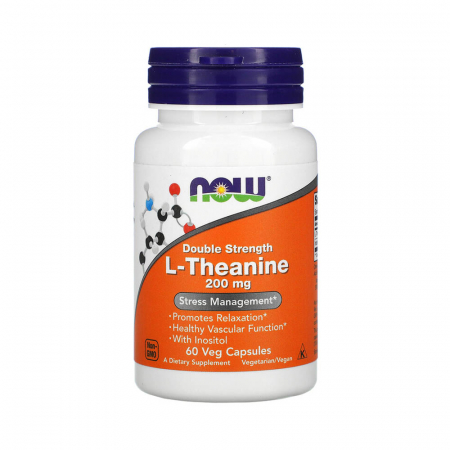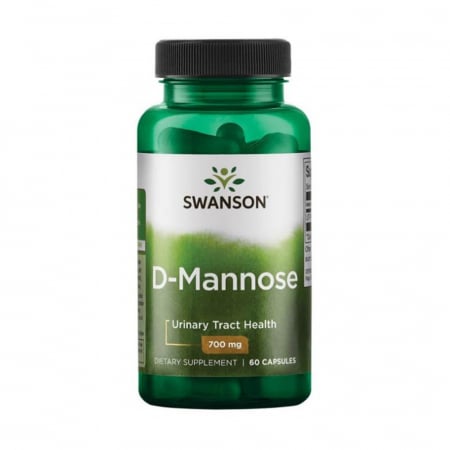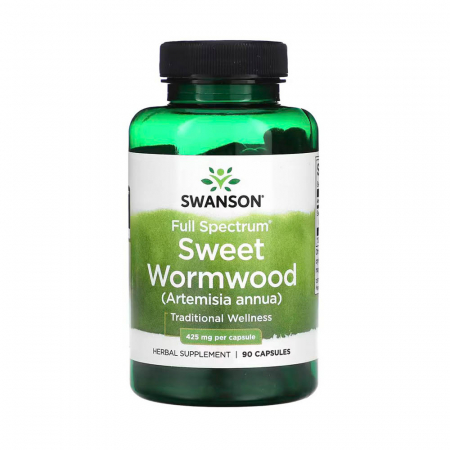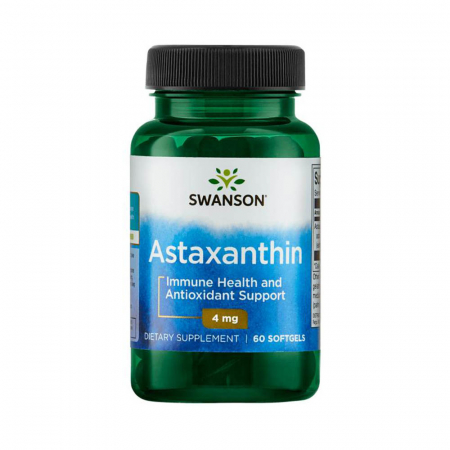- Home /
- Supplements from A to Z /
- Ribose
Ribose
Ribose
- Acai
- Acerola
- Acetyl L-Carnitine
- Caprylic Acid
- Folic Acid
- CLA (Conjugated Linoleic Acid)
- Agaricus Mushroom
- Alfalfa
- Alpha GPC
- Andrographis
- Artichoke
- Astragalus
- Bacopa Monnieri
- Bamboo
- Berberine
- Bergamot
- Beta-Glucans
- Beta-Sitosterol
- Betaine
- Biotin
- Black Cohosh
- Borage Oil
- Holy Basil (Tulsi)
- Butcher's Broom
- Calcium D-Glucarate
- Activated Charcoal
- Carnosine
- Shark Cartilage
- Cascara Sagrada
- Cayenne
- Chaga Mushroom
- Cumin
- Chlorella
- Citicoline
- Chlorophyll
- Black Currant
- Turkey Tail Mushroom
- Lion's Mane Mushroom
- Coleus Forskohlii
- Choline
- Colostrum
- Cordyceps
- Chromium
- D-Mannose
- Damiana
- 7-Keto DHEA
- DIM
- DMG
- Dong Quai
- Brewer's Yeast
- Red Yeast Rice
- Echinacea
- Bilberry Extract
- Fennel
- Phenylalanine
- Feverfew
- Passion Flower
- Phosphatidylserine
- Fructo-Oligosaccharides
- Olive Leaf
- Garcinia
- Devil's Claw
- Cat's Claw
- Ginger
- Ginkgo Biloba
- American Ginseng
- Eleuthero
- Glucomannan (Konjac)
- Goldenseal
- Gotu Kola
- Grapeseed
- Graviola
- Guarana
- Gymnema Sylvestre
- Hops
- Hesperidin
- Horny Goat (Epimedium)
- Indole-3-Carbinol
- Inositol
- Inulin
- Isoflavones
- Kudzu
- Lactoferrin
- Royal Jelly
- Licorice
- Lemon Balm
- Lithium
- Maca
- Rose Hips
- Maitake Mushroom
- Mint
- Peppermint
- Cranberry
- Molybdenum
- Moringa
- Muira Puama
- Chamomile
- Niacin And Niacinamide (Vitamin B3)
- Noni
- Ornithine
- Hawthorn
- Panax Ginseng
- Dandelion
- Papaya (Enzymes)
- Bitter Melon
- Black Pepper (Bioperine)
- Pyridoxine (Vitamin B6)
- Potassium
- Pregnenolone
- Proline
- Propolis
- Pygeum
- Pyrroloquinoline Quinone (PQQ)
- Reishi Mushroom
- Rhodiola
- Riboflavin (Vitamin B2)
- Ribose
- Lemon Balm
- Rosemary
- Rutin (Vitamin P)
- SAMe
- Sarsaparilla
- Fenugreek
- Pine Bark (Pycnogenol)
- Cinnamon
- Serrapeptase
- Shiitake Mushroom
- Silica
- Elderberry
- Saffron
- Spirulina
- Plant Sterols
- Strontium
- Sulforaphane (broccoli)
- St. John's Wort
- Theanine
- Thiamine (Vitamin B1)
- Tocotrienols
- Tribulus
- Red Clover
- Coconut Oil
- Slippery Elm
- Garlic
- Uva Ursi
- Vinpocetine
- Vitamin B12
- Wormwood (Artemisia)
- Yucca
Status stoc
Certifications and Diet
Manufacturers
Price
Rating
Cele mai populare
D-Ribose. Powder (Energizant Cardiovascular), Jarrow Formulas, 200g
Newest
D-Ribose. Powder (Energizant Cardiovascular), Jarrow Formulas, 200g
Display: 1-6 from 6 products
FiltersD-Ribose. Powder (Energizant Cardiovascular), Jarrow Formulas, 200g
D-ribose: "Sugar of life" recommended for cardiac patients
Ribose is one of the most important cardiac nutrients, the only one of the "magnificent 4" involved in the de novo synthesis of ATP. Dubbed by Dr. Sinatra the "Sugar of Life", D-ribose is a simple carbohydrate that is part of ATP and is necessary for the rapid renewal of energy in diseased hearts.
There is no doubt that any patient suffering from heart disease is energetically depleted. Taking a ribose supplement is a scientifically proven solution for patients with cardiovascular disease. Since the positive effect is well-founded in the medical literature, in the USA, ribose therapy has been included in the treatment protocols of some hospitals.
Ribose can be administered for a wide range of cardiovascular conditions:
- coronary artery disease;
- angina pectoris;
- protection of the myocardium before invasive (bypass) or minimally invasive (angiography) surgical interventions;
- recovering from heart surgery or serious heart conditions such as heart attack;
- congestive heart failure and cardiac hypertrophy to support diastolic function;
- atrial and ventricular arrhythmias.
Recommendation Ribose
In addition to cardiovascular diseases, age is also a factor in reducing ribose synthesis. That's why people over 45 should take metabolic energy booster supplements like D-ribose. Sufferers of high blood pressure, those who follow statin treatments, those with mitral valve prolapse benefit from the positive effects of ribose supplements. They help the heart to normalize its diastolic function by increasing energy reserves.
How is D-ribose administered?
Dr. Sinatra recommends that dosages for D-ribose be as follows:
- 5 grams per day for those with mild forms or for healthy people subjected to stress and demanding jobs in order to prevent chronic fatigue and cardiovascular diseases;
- 10-15 grams per day for those with medium to severe forms (administered fractionally, 3×5 per day);
- 15-30 grams per day in severe forms of heart failure, dilated cardiomyopathy, frequent angina, fibromyalgia or neuromuscular diseases.
After a period of intensive administration, most cardiac patients do well with a maintenance dose of 10 grams per day. It is important that D-ribose therapy is not interrupted, otherwise there is a risk of disease recurrence.
A particular advantage of ribose supplements is that this nutrient is easily absorbed in the gut, quickly reaches the bloodstream and reaches 95% of the body's cells, including those in the heart. Even low doses of ribose, 500 mg, have been found to have the ability to increase energy levels in the muscles by over 100%, according to Dr. Sinatra.
Did you know that
- The human body can synthesize D-ribose by itself, but rather slowly and with a metabolic consumption of ATP. The liver, adrenal glands and adipose tissue produce significant amounts of ribose, necessary for their activity, but the heart produces only very small amounts of this sugar.
- Food sources richer in ribose are represented by red meat, especially veal, but this cannot ensure the necessary intake, especially for cardiovascular patients.
- Supplementation with ribose is also necessary for people under chronic stress, a great consumer of ATP, for those who suffer from fibromyalgia, but also for athletes, to increase physical performance by increasing muscle endurance.
- Although it is a carbohydrate, ribose is a glycemic-negative sugar, meaning it cannot be converted to glucose and does not stimulate an insulin response. What's more, ribose can actually lower blood glucose levels.
PRODUCT CATEGORIES
CATEGORIES OF DISEASES
Latest Reviews Added:
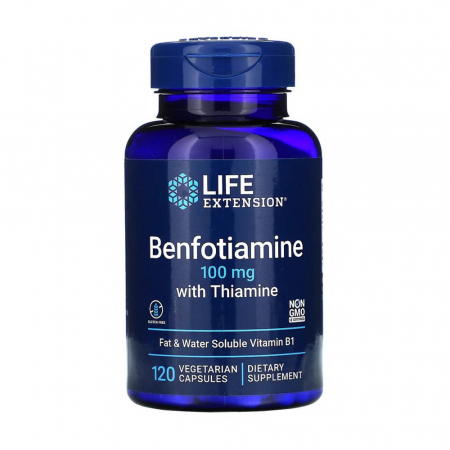
Rodiana Buiuc,
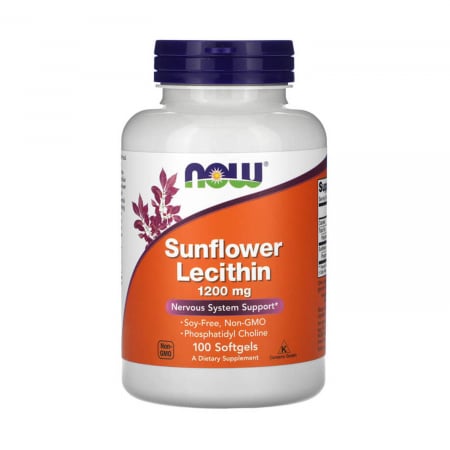
Sunflower Lecithin 1200mg (Lecitina din Floarea Soarelui), Now Foods, 100 softgels
Rodica Popa,
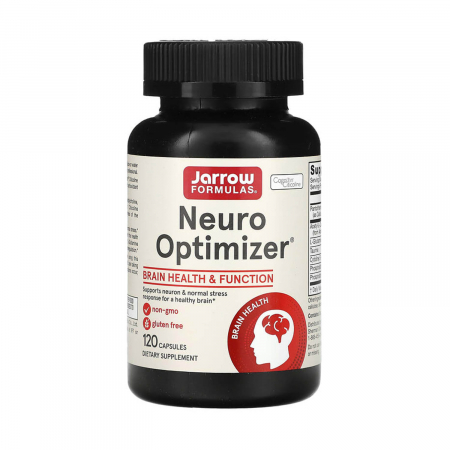
Aurora Amuza,
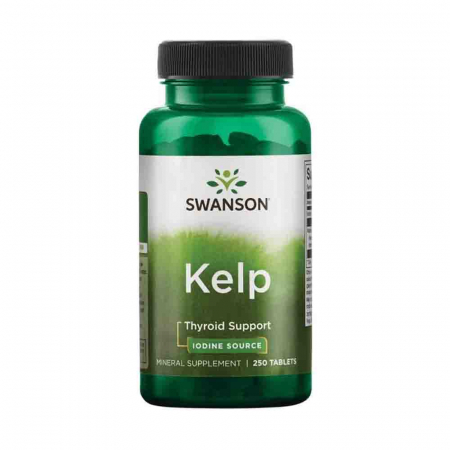
Mihaela Sandu,
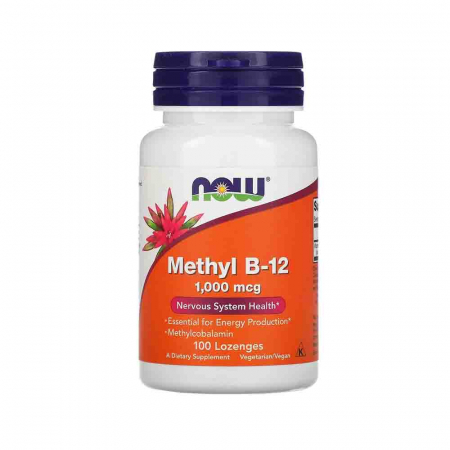
Carmen Laurentiu,
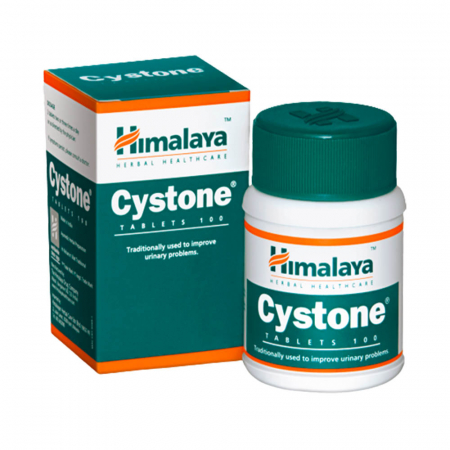
Daniela Dugheana,
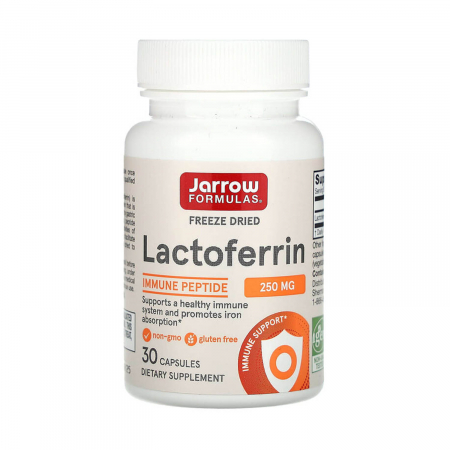
Natalja Litvinova,
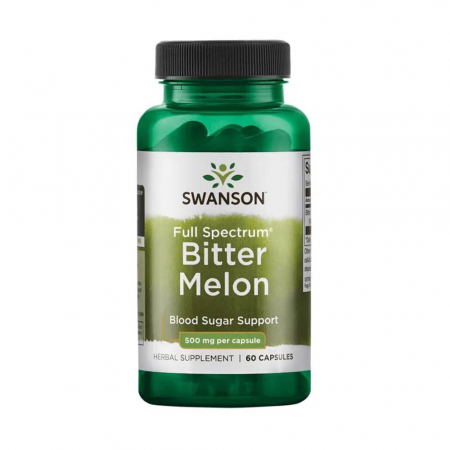
Adriana Gret,

IULIA TUTUIANU,
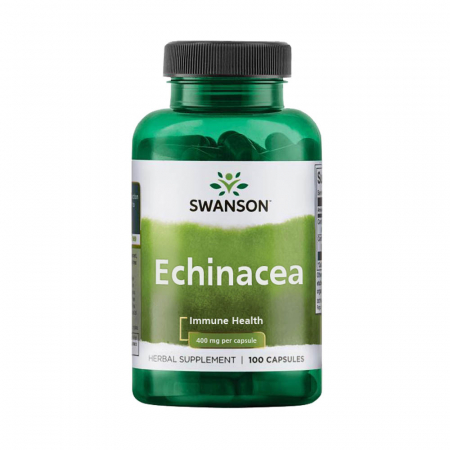
Mihail Vamvu,
Latest viewed products
Newsletter Don't miss our offers and promotions

